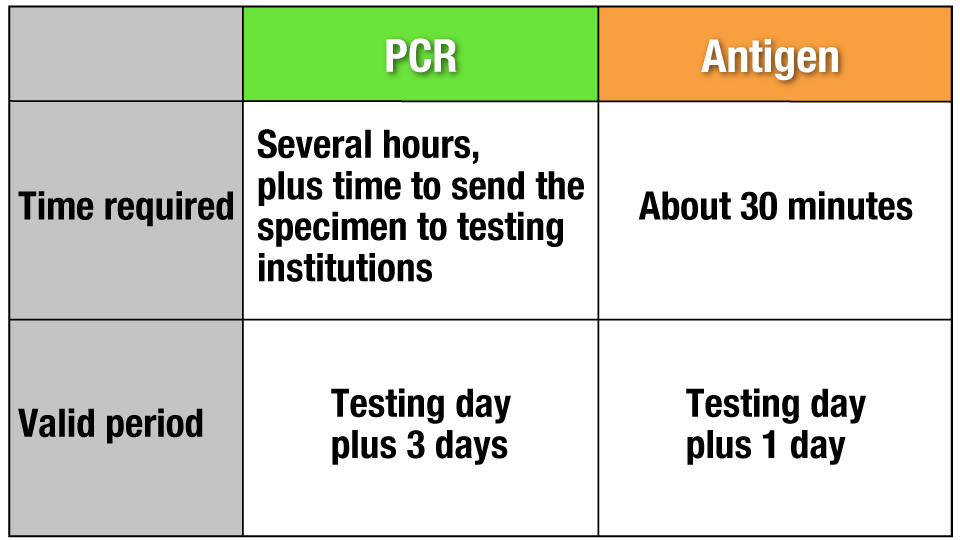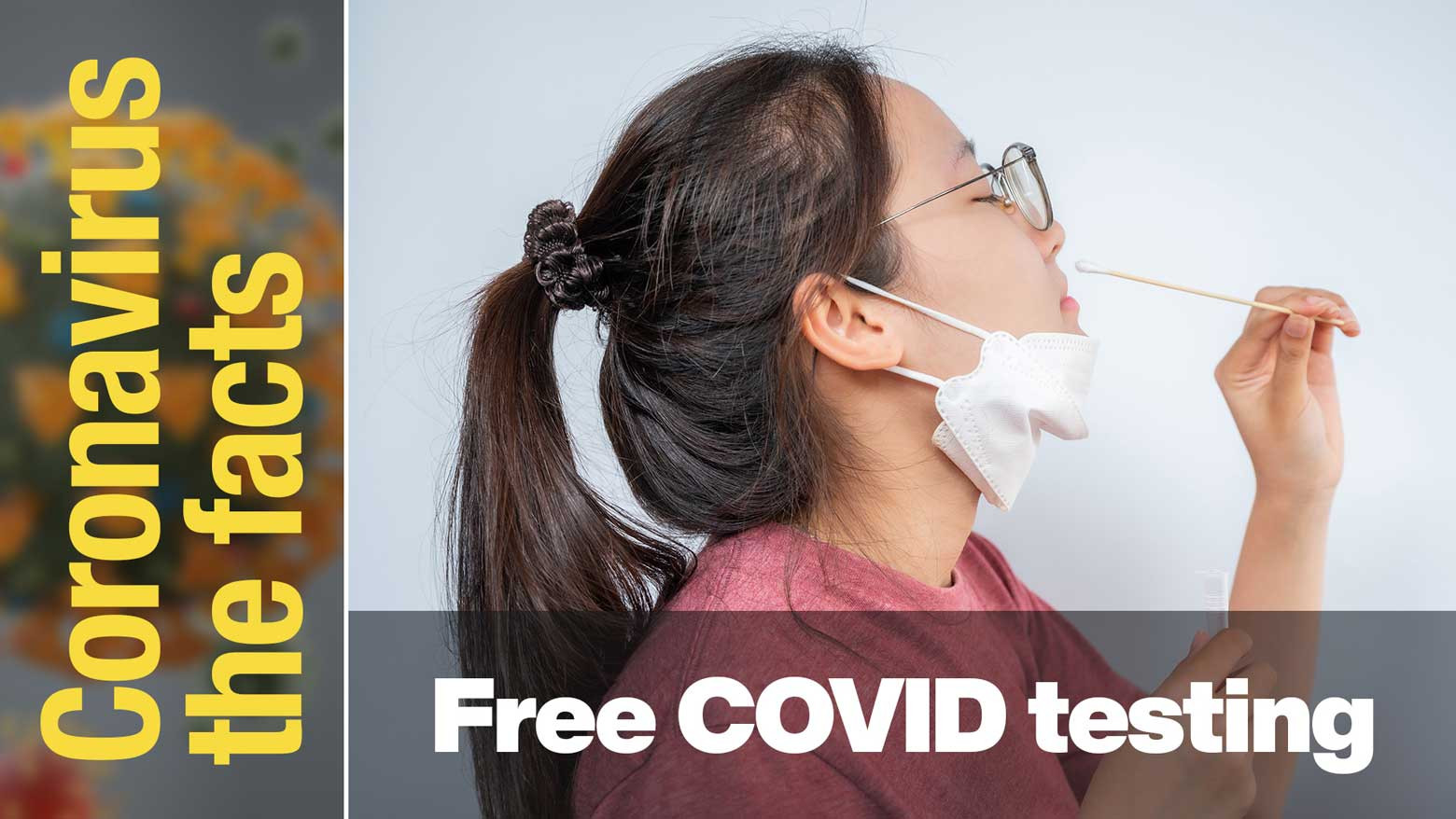This is our series on key coronavirus-related information. Click here to read other installments: #Coronavirus the facts. Find the latest information and answers from experts on everything COVID-19.
*This article was updated on January 25, 2022.
Service extended through February 13
The Tokyo Metropolitan Government is offering free coronavirus tests to all residents with no symptoms.
Authorities launched the service after reporting the capital's first community transmission of the Omicron variant. It was scheduled to end on January 31, but has been extended through February 13, when quasi-emergency measures aimed at containing the rapid spread of infections are due to end.
Tokyo was already offering free tests for people who can't receive vaccines due to health, age or fear of side-effects. The idea was to make it easier for people to confirm they are negative before dining, attending social events or traveling.
The emergence of Omicron prompted authorities to expand eligibility to include anyone who isn't displaying symptoms.
Other local governments including Okinawa, Osaka and Hokkaido prefectures are offering similar services. Details can be found on municipal websites.
Eligibility
The tests are available to any resident of Tokyo with no symptoms. After February 13, people who are not showing symptoms and need a negative result specifically for the purpose of dining, attending a social event or traveling can receive a free test until March 31.
Locations
As of January 25, free tests were bring provided at about 270 locations. They include medical institutions, drugstores and private venues certified by the Tokyo Metropolitan Government.
Tokyo officials initially said reservations would not be required, but demand has been high, and some providers are asking people to book online. People are urged to check the situation in advance via test site websites.
Location list
https://tokyo-kensasuishin.jp/img/business.pdf
PCR or Antigen test
People can choose a PCR or antigen test. The differences in time and validity are as follows.

Please note: the result of either test is not a diagnosis. A negative result does not mean you have not contracted the virus. If you receive a positive result, you have to contact a medical institution.
This information was updated on January 25, 2022.
